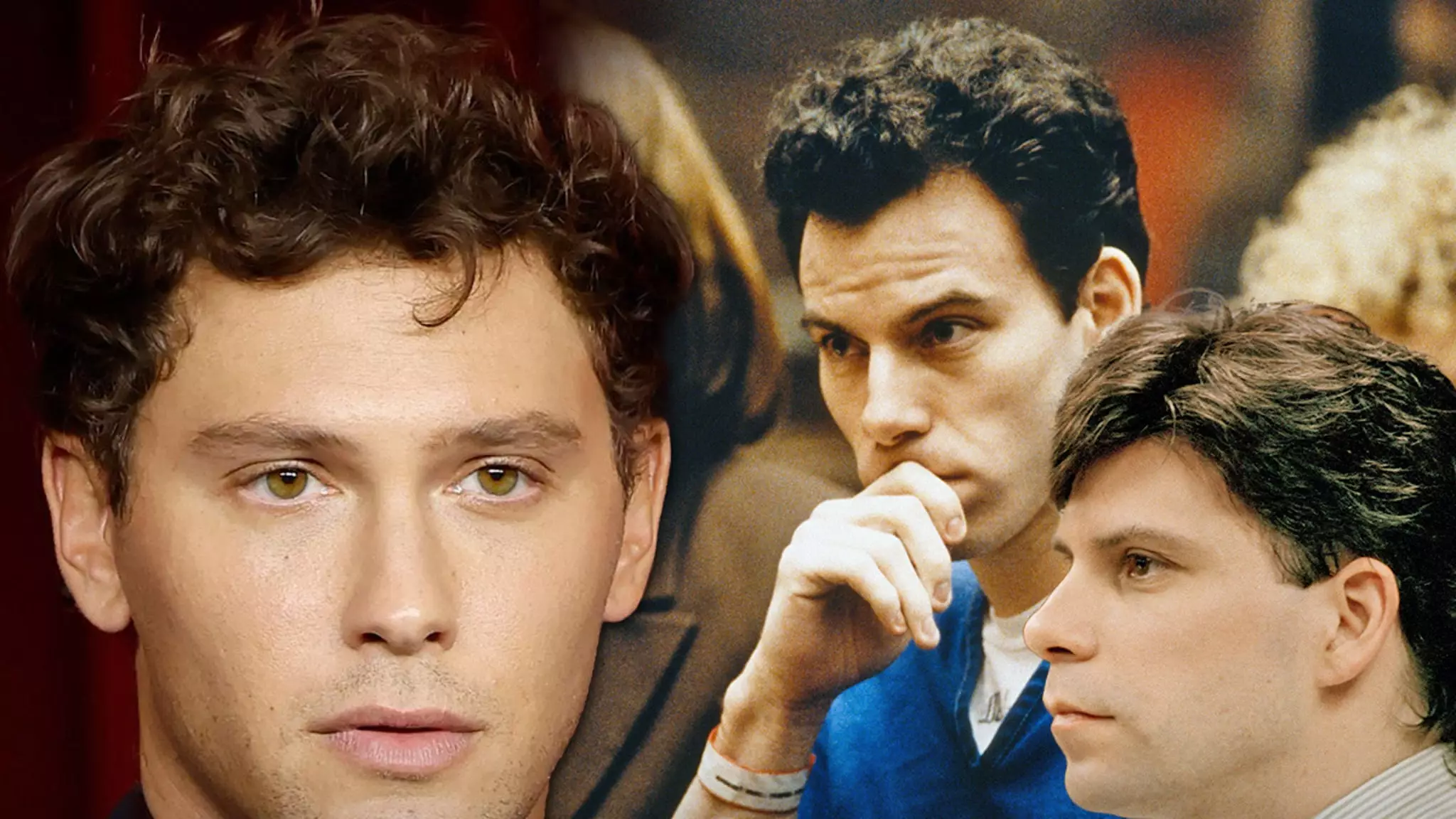The Menendez brothers, Erik and Lyle, have become synonymous with one of America’s most controversial and gripping true crime stories. As their resentencing hearing unfolds, the support for this notorious pair has notably materialized in surprising ways, including through the presence of Cooper Koch, who portrayed Erik in the dramatized Netflix series about their infamous case. Koch’s decision to attend the hearing, accompanied by Erik Menendez’s family members, signals a complex blend of reality and dramatization that captivates public interest. His appearance underscores a movement that aims to humanize the brothers, who have been fighting for their sentences to be reconsidered after years of incarceration.
An Ongoing Legal Tug-of-War
The recent hearing at a Van Nuys courthouse is just another chapter in a long and contentious legal battle. Los Angeles County District Attorney Nathan Hochman’s motion to withdraw the resentencing petition illustrates the divide between those who believe the brothers deserve a second chance and those who see their actions as unforgivable. Hochman’s insistence that Erik and Lyle remain behind bars stands as a testament to the complexity of justice, morality, and public perception surrounding high-profile criminal cases. The legal dance continues as the brothers, although not physically present, retain some representation through technology, with a possible Zoom appearance looming over the proceedings.
The Layers of Public Perception
What’s particularly fascinating about this case is the narrative that has evolved around it. The Menendez brothers were initially viewed as cold-blooded killers; however, the prolonged discussion of their motives—rife with allegations of childhood trauma and abuse—has shifted the discussion towards a more empathetic lens. With the critical attention from both media and projects like “Monsters: The Lyle and Erik Menendez Story,” public opinion is gradually moving. This humanization, reflected by the presence of supporters like Koch, exemplifies a shift in how society understands crime, punishment, and rehabilitation.
The Role of Political Influence
Governor Gavin Newsom’s involvement adds another layer to this already intricate saga. His directive for the California Board of Parole Hearings to evaluate whether Erik and Lyle pose a societal threat embodies the intersection of politics with the judicial system. This scenario highlights an ongoing debate: At what point does one’s past define their future? Newsom’s actions cast a spotlight on rehabilitation possibilities, giving weary advocates hope that the Menendez brothers might eventually find solace outside prison walls after decades of confinement.
The Future of the Menendez Brothers
As the legal system continues to deliberate, the future for Erik and Lyle remains uncertain. The proceedings and the reactions they incite from supporters and adversaries alike pave the way for potential changes in the landscape of criminal justice, especially for cases intertwined with severe societal impact and familial trauma. Cooper Koch’s presence is not just a show of solidarity; it is an embodiment of the cultural dialogue surrounding criminal accountability and the quest for understanding beyond the labels of “murderer” and “victim.” The ongoing evolution of public sentiment is a reminder that every story—especially one as layered as this—deserves a nuanced exploration.

